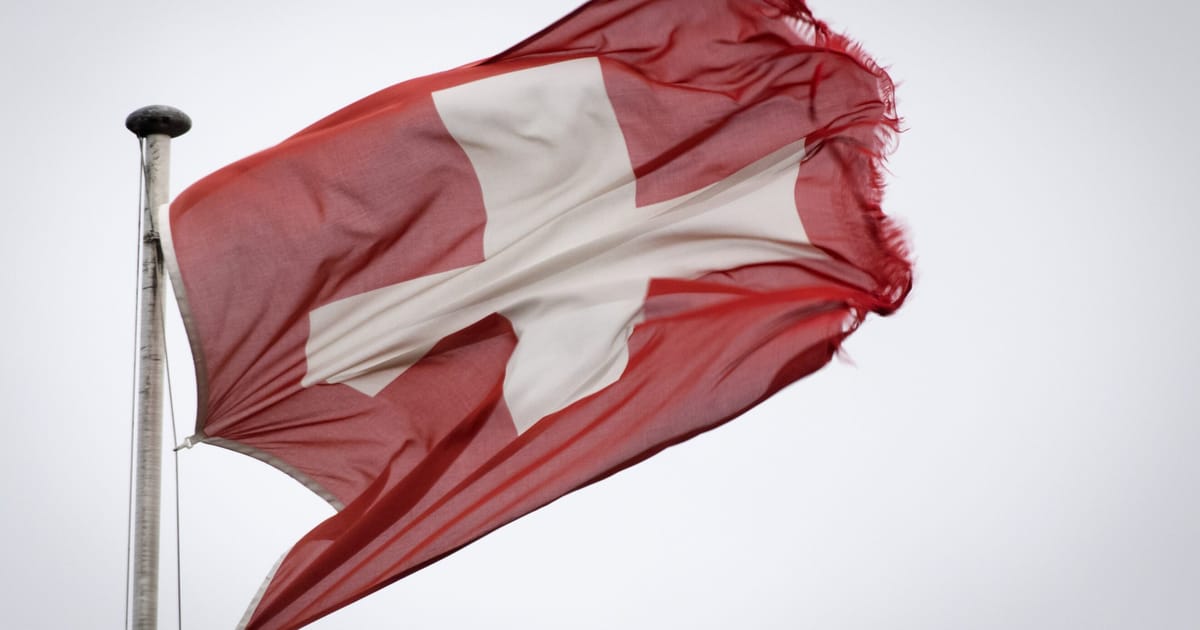T4K3.news
Swiss isolation shaken by tariff move
US tariffs on Swiss exports threaten a major shift in Switzerland US trade relations and push EU talks to the forefront.

Tariffs threaten Switzerland's long held isolation and may push it toward closer EU ties.
Trump Tariffs Break Swiss Isolation
Trump announced 39 percent tariffs on Swiss exports, a move that would hit a country that relies on the United States as a key market. The US is the most important destination for Swiss products, taking about 18.6 percent of exports. Industry groups warn that sales could be effectively annihilated if the tariffs stay in place, and Switzerland’s response has included talk of relief measures to limit job losses. The decision rattled a Swiss public used to calm and predictability, and its front pages reflected the shock.
Switzerland has long prized neutrality and a tightly managed openness to trade, including a free trade agreement with China and defense spending well below Nato targets. The tariff shock now tests that model. Analysts say the move could shift Swiss strategy toward greater EU engagement as the Swiss government weighs possible concessions and the coming votes on new economic treaties with Brussels. If tariffs extend to pharmaceuticals, the impact would be real, with estimates of up to 0.7 percent of GDP per year or about 700 francs per person. The broader psychological blow is a reminder that Switzerland’s famed independence is increasingly untenable in a world of cutthroat geoeconomics.
Key Takeaways
"sales to the US will be effectively annihilated"
Industry lobby warns the tariffs would devastate Swiss export sales
"The woman was nice, but she didn’t want to listen"
Trump’s remark about Swiss official after a phone call
"Brussels is getting a better trade deal than Berne"
Observation of EU-Swiss bargaining dynamics
"Trump’s golf-cart style of governing ought to see him fit right in to the Swiss country club"
Editorial note on Trump’s approach
The episode exposes a tension at the heart of Swiss policy: a long game of selective integration that let it enjoy stability without bearing the usual frictions of alliance politics. The tariff shock makes that choice harder to defend and could nudge public opinion toward closer ties with the EU, even as a sizable share of voters remains wary. In this new era, small, highly open economies must choose between the luxury of distance and the risks of being bypassed in a global order driven by tariffs and sanctions. The next test will be how Brussels and Bern renegotiate their economic relationship under pressure from both markets and domestic politics.
Beyond economics, the episode raises questions about national identity. A country that marketed itself as a calm, neutral hub now faces the reality that global commerce does not respect lines on a map. If Swiss leaders lean into reform, they will need to translate that urgency into credible policy that preserves stability while courting new partners. The country’s four-language, federal system will complicate any rapid pivot, but the payoff could be a more resilient, less complacent Switzerland.
Highlights
- A nation that has grown rich on exports is floundering
- Brussels is getting a better trade deal than Berne
- The woman was nice, but she didn't want to listen
- Trump’s golf-cart style of governing ought to see him fit right in to the Swiss country club
Budget and political risk from tariff shock
The tariff move could hit GDP, slow growth, and trigger public backlash. It may also reshape Switzerland’s delicate balance with the EU, raising political risk for officials and investors.
The coming weeks will reveal whether Switzerland can turn disruption into a smarter path forward.
Enjoyed this? Let your friends know!
Related News

Gold market volatile on tariff signals
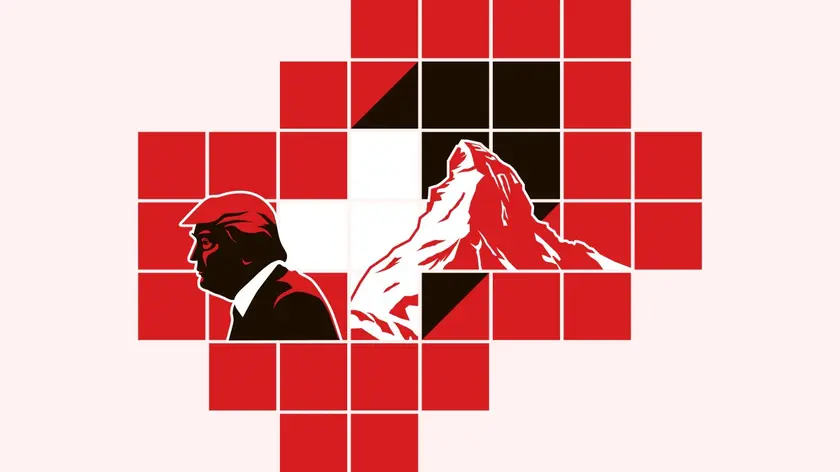
Swiss exports hit by 39% US tariffs

FTSE 100 hits new high on tariff cues

Elon Musk awarded shares worth $29 billion

Trump imposes 39% tariff on Swiss imports
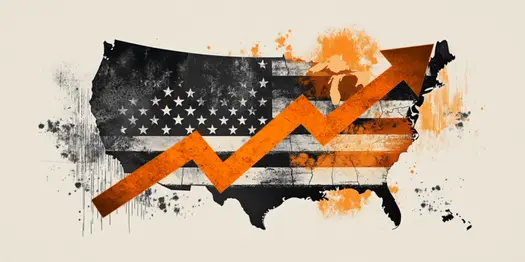
Gold prices decline as inflation data shifts Fed rate outlook
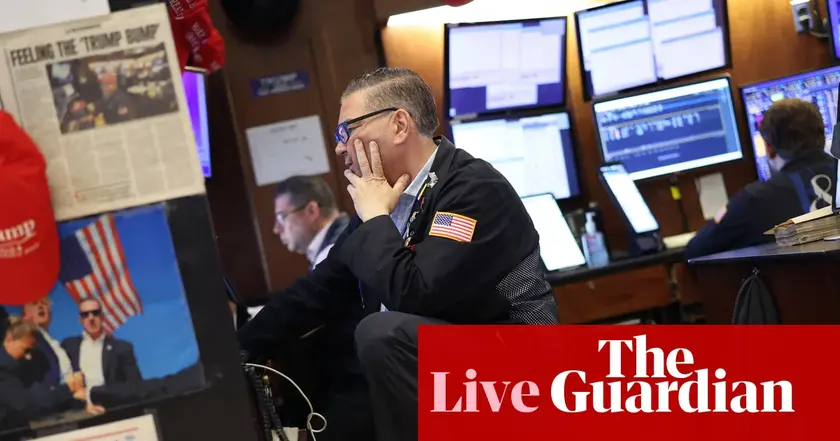
Thames Water contingency plans approved
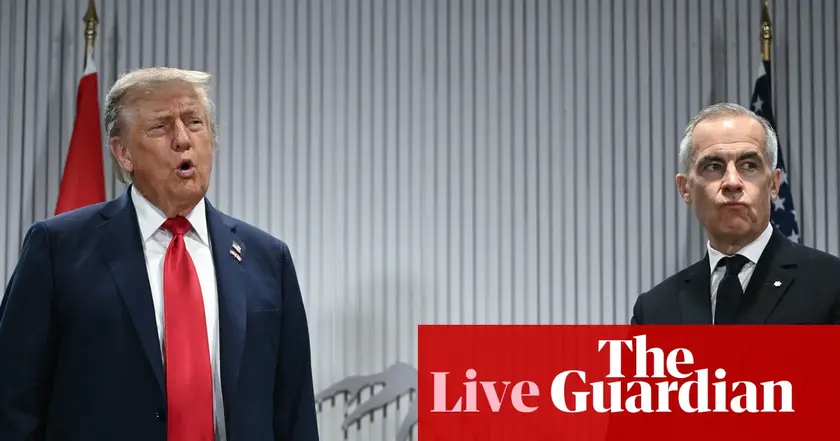
Canada imposes measures against new US tariffs
